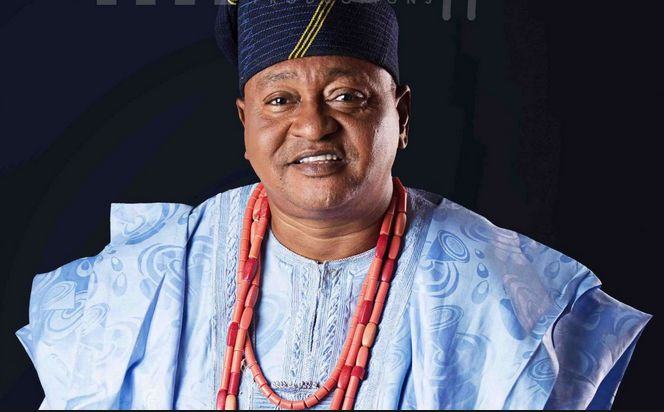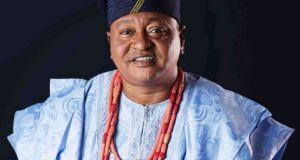
Jide Kosoko
He recently had his say during an appearance on The Honest Bunch Podcast, and fans have been reacting.
According to him, democracy may not be the right fit for the country at his point in time because the kind of government we practice is unAfrican.
Jide added that Nigeria’s kind of democracy is the demonstration of craze, and we are not ready for the real thing.
His words, “The kind of government we have is unafrican and it’s why we continue to have problems. We need to design our own type of governance; we are not ready for democracy. It’s like Fela said this democracy is the demonstration of crase. I am a Nigerian and I’m entitled to my opinions so leave every other thing.”
WOW.
Nollywood is a sobriquet that originally referred to the Nigerian film industry. The origin of the term dates back to the early 2000s, traced to an article in The New York Times. Due to the history of evolving meanings and contexts, there is no clear or agreed-upon definition for the term, which has made it a subject to several controversies.
The origin of the term “Nollywood” remains unclear; Jonathan Haynes traced the earliest usage of the word to a 2002 article by Matt Steinglass in the New York Times, where it was used to describe Nigerian cinema.
Charles Igwe noted that Norimitsu Onishi also used the name in a September 2002 article he wrote for the New York Times. The term continues to be used in the media to refer to the Nigerian film industry, with its definition later assumed to be a portmanteau of the words “Nigeria” and “Hollywood”, the American major film hub.
Film-making in Nigeria is divided largely along regional, and marginally ethnic and religious lines. Thus, there are distinct film industries – each seeking to portray the concern of the particular section and ethnicity it represents. However, there is the English-language film industry which is a melting pot for filmmaking and filmmakers from most of the regional industries.
 NaijaVibe NaijaVibe | Download Latest Nigerian Music & Mp3s
NaijaVibe NaijaVibe | Download Latest Nigerian Music & Mp3s

